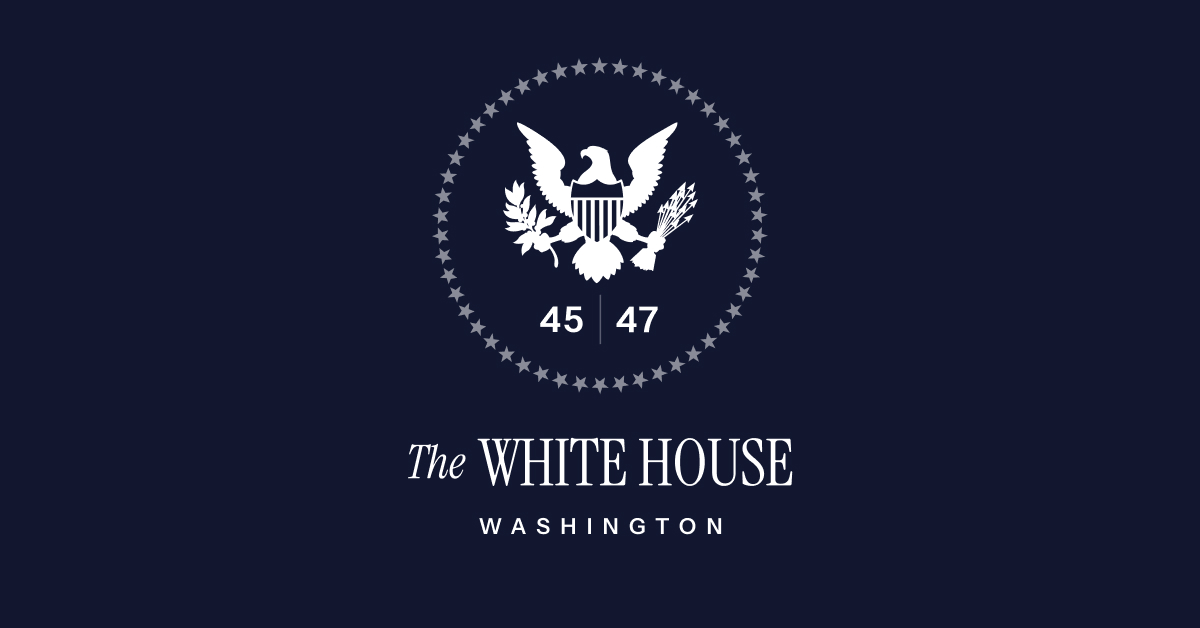Can Flag Burning Be Prosecuted? A Legal Analysis Of The First Amendment

Welcome to your ultimate source for breaking news, trending updates, and in-depth stories from around the world. Whether it's politics, technology, entertainment, sports, or lifestyle, we bring you real-time updates that keep you informed and ahead of the curve.
Our team works tirelessly to ensure you never miss a moment. From the latest developments in global events to the most talked-about topics on social media, our news platform is designed to deliver accurate and timely information, all in one place.
Stay in the know and join thousands of readers who trust us for reliable, up-to-date content. Explore our expertly curated articles and dive deeper into the stories that matter to you. Visit Best Website now and be part of the conversation. Don't miss out on the headlines that shape our world!
Table of Contents
Can Flag Burning Be Prosecuted? A Legal Analysis of the First Amendment
The sight of a burning American flag is undeniably provocative. For many, it represents a profound disrespect for the nation and its values. But for others, it's a powerful symbol of protest, protected by the very freedoms the flag embodies. The question of whether flag burning can be prosecuted is a complex one, deeply intertwined with the First Amendment's guarantee of freedom of speech. This legal analysis delves into the intricacies of this controversial issue.
The Supreme Court's Landmark Ruling: Texas v. Johnson
The landmark case that definitively addressed the legality of flag burning is Texas v. Johnson (1989). In this case, Gregory Lee Johnson was arrested and convicted under a Texas law prohibiting flag desecration after he burned an American flag during a protest at the 1984 Republican National Convention. The Supreme Court, in a 5-4 decision, overturned his conviction, ruling that flag burning constitutes expressive conduct protected by the First Amendment.
The Court emphasized that Johnson's act was clearly political speech, intended to convey a message. Justice Brennan's majority opinion underscored that even offensive or unpopular speech is protected under the First Amendment, as long as it doesn't incite imminent lawless action. The Court rejected the argument that the government had a compelling interest in protecting the flag as a symbol, stating that suppressing speech based on its content violates the core principles of the First Amendment.
Expressive Conduct and the First Amendment
Understanding the legal framework requires grasping the concept of "expressive conduct." This refers to actions that, while not strictly verbal, communicate a particular message. The Supreme Court has consistently held that expressive conduct, like flag burning, is protected under the First Amendment unless it falls within narrowly defined exceptions. These exceptions generally involve actions that directly incite violence or present a clear and present danger to public safety.
Attempts to Circumvent Texas v. Johnson
Despite the clear precedent set by Texas v. Johnson, numerous attempts have been made to legislate against flag burning at the state and federal levels. The rationale behind these legislative efforts often centers around the emotional response the act provokes and a perceived need to protect national symbols. However, these attempts have largely been unsuccessful, as courts consistently cite the Supreme Court's ruling in Texas v. Johnson as binding precedent.
The Ongoing Debate: Respect vs. Rights
The debate surrounding flag burning is far from settled. While legally protected, the act remains deeply controversial, sparking passionate opinions on both sides. The tension lies between the fundamental right to freedom of expression, a cornerstone of American democracy, and the deeply held respect many feel for the American flag as a national symbol. This tension highlights the ongoing challenge of balancing individual liberties with societal values.
Conclusion: Freedom of Speech, Even When Offensive
The legal reality is clear: flag burning is protected speech under the First Amendment. While the act may be offensive or upsetting to many, the Supreme Court has firmly established that the government cannot suppress expression simply because it finds it disagreeable. This principle, while often challenging, is essential to safeguarding the freedoms guaranteed by the Constitution. Understanding the legal basis of this right is crucial for informed participation in the ongoing national dialogue.
Further Reading:
- (Note: This is a direct link to the official Supreme Court ruling. You might consider linking to a news article summarizing the case for easier accessibility.)
Disclaimer: This article provides a legal analysis based on existing case law. It is not a substitute for professional legal advice. Consult with a legal professional for advice on specific legal matters.

Thank you for visiting our website, your trusted source for the latest updates and in-depth coverage on Can Flag Burning Be Prosecuted? A Legal Analysis Of The First Amendment. We're committed to keeping you informed with timely and accurate information to meet your curiosity and needs.
If you have any questions, suggestions, or feedback, we'd love to hear from you. Your insights are valuable to us and help us improve to serve you better. Feel free to reach out through our contact page.
Don't forget to bookmark our website and check back regularly for the latest headlines and trending topics. See you next time, and thank you for being part of our growing community!
Featured Posts
-
 Lck Playoffs Race Heats Up Hanwha Life Esports Wins Needs Gen G Victory
Aug 30, 2025
Lck Playoffs Race Heats Up Hanwha Life Esports Wins Needs Gen G Victory
Aug 30, 2025 -
 Couple Alert Travis Kelce And Taylor Swift Enjoy College Football After Engagement Announcement
Aug 30, 2025
Couple Alert Travis Kelce And Taylor Swift Enjoy College Football After Engagement Announcement
Aug 30, 2025 -
 La Enfermedad De Mariana Un Diagnostico Y Sus Implicaciones
Aug 30, 2025
La Enfermedad De Mariana Un Diagnostico Y Sus Implicaciones
Aug 30, 2025 -
 Analyst Speculation Micah Parsons Trade Discussed On First Things First
Aug 30, 2025
Analyst Speculation Micah Parsons Trade Discussed On First Things First
Aug 30, 2025 -
 Support Floods In For Taylor Townsend After Us Open Dispute
Aug 30, 2025
Support Floods In For Taylor Townsend After Us Open Dispute
Aug 30, 2025
Latest Posts
-
 Buckeye Fans Live Tattoo A Wild Joel Klatt Show Moment
Aug 30, 2025
Buckeye Fans Live Tattoo A Wild Joel Klatt Show Moment
Aug 30, 2025 -
 T1 Keria Expresses Post Game Confidence After Dominant Hanwha Life Win
Aug 30, 2025
T1 Keria Expresses Post Game Confidence After Dominant Hanwha Life Win
Aug 30, 2025 -
 Royal Rift Deepens Harry Meets Charles William Skips Family Summit
Aug 30, 2025
Royal Rift Deepens Harry Meets Charles William Skips Family Summit
Aug 30, 2025 -
 Robert F Kennedy Jr And The Cdc The White House Weighs In
Aug 30, 2025
Robert F Kennedy Jr And The Cdc The White House Weighs In
Aug 30, 2025 -
 Prince Harrys Uk Return Will He And King Charles Finally Meet
Aug 30, 2025
Prince Harrys Uk Return Will He And King Charles Finally Meet
Aug 30, 2025
